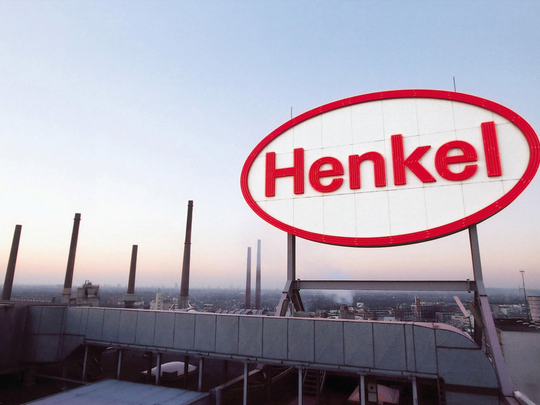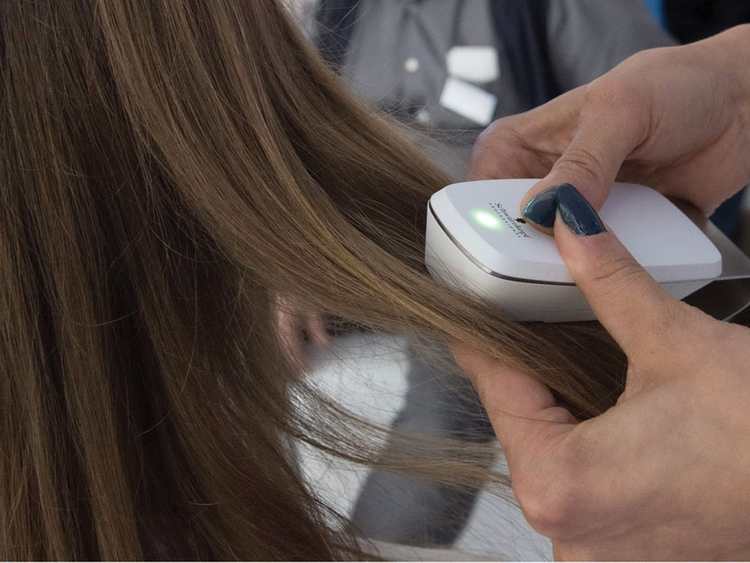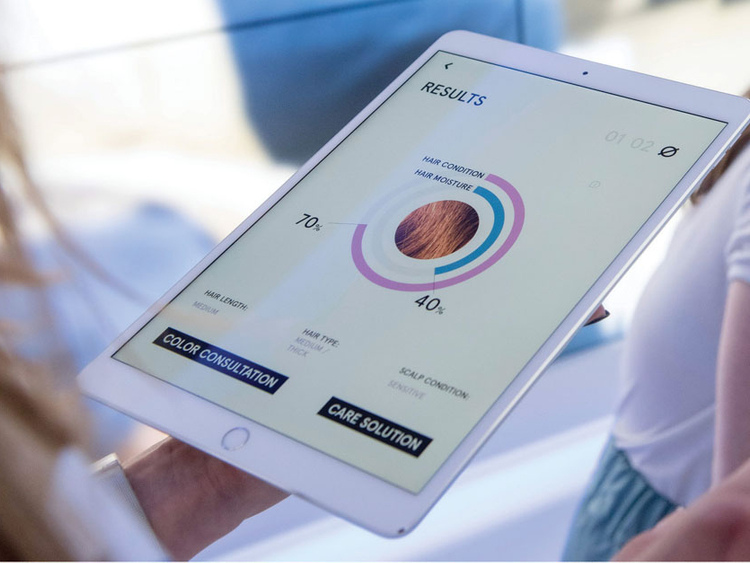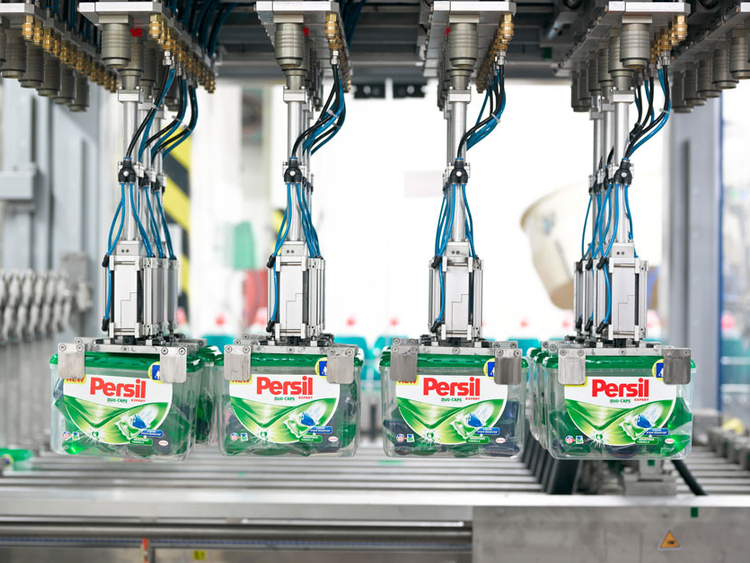
The march of digital technology into the industrial world has been under way for years. Today, many sectors face digital threats. Yet the scope of the challenge is more magnified at Henkel, the 141-year-old German chemical and consumer goods company, with more than 53,000 employees worldwide and three global business units.
Founded in 1876, the Düsseldorf-based company is the maker of Persil detergent, Loctite adhesives and hair care brand Schwarzkopf. To prepare itself for disruption, Henkel is undertaking its own digital transformation, one that will revitalise the traditional giant into an agile, thriving and profitable company by 2020 and beyond.
“Our ambition at Henkel is to generate more profitable growth and to become more customer-focused, more innovative, more agile, and fully digitised in our internal processes and customer-facing activities,” says Ashraf El Afifi, President of Henkel for India, Middle East & Africa (IMEA)
“To achieve this ambition, we are focusing on four pillars: driving growth, accelerating digitalisation across all our businesses and functions, increasing agility in our organisation and teams, and funding our growth through targeted initiatives.”
With three operating business units, Adhesive Technologies, Beauty Care and Laundry & Home Care, Henkel reported sales of €20 billion (about Dh86 billion) and adjusted operating profit of around €3.5 billion in 2017. Combined sales of the top brands of the three business units – Loctite, Schwarzkopf and Persil – amounted to €6.4 billion.
The Africa and Middle East region posted positive organic sales growth in the same period, the firm said, without disclosing specific numbers. With its regional corporate headquarters in Dubai, Henkel operates an innovation centre in the city and a plant in Saudi Arabia.
As the digital transformation picks up speed, “we expect ‘digitally-driven’ sales to more than double to €4 billion by 2020”, says El Afifi.
Industry 4.0
With 188 manufacturing sites globally and 22 R&D centres, Henkel is leveraging technology to transform its vast network of production and logistics. Industry 4.0, which involves digitising the entire supply chain, is already in full swing with 90 per cent of production sites across the world connected.
“Smart factories where intelligent machines control and optimise production process based on real-time information from more than million data points is fast becoming a reality,” says Christof Becker, Vice-President of Operations and Supply Chain A, IMEA.
IoT in hair salons
In the Beauty Care division, Henkel unveiled the Schwarzkopf Professional SalonLab, an end-to-end ecosystem of connected devices that measures hair condition and hair colour to provide personalised products.
A handheld Bluetooth-connected device analyses hair strands, talks to an app and based on the gathered data, the SalonLab Customiser comes up with a personalised shampoo formula. Henkel is looking at rolling out the initiative this year, with the testing to start at select salons in Germany.
“We further leveraged digitalisation in the Beauty Care business with an online brand store. We also plan to digitise the interactions with customers, and business partners and suppliers through omnichannel offerings and e-commerce platforms [in the region],” says El Afifi.
Henkel in the Middle East and Africa region is working with a range of e-commerce platforms including Souq.com, Trolley.ae (GCC), Founa (Tunisia), N11, Hepsiburada (Turkey), as well as multi-channels such as Lulu and Carrefour web stores.
Start-up culture
To accelerate digital transformation across the across all business units and functions at the firm, Henkel appointed Rahmyn Kress as Chief Digital Officer in 2017. Prior to Henkel, Kress was managing director of technology ecosystems and ventures at global consultancy Accenture.
Digital transformation will involve a significant cultural change and upskilling across the entire organisation, says Kress. For this reason, the company launched a new operating unit called Henkelx that aims to unite and accelerate entrepreneurial energy across the firm.
To encourage the start-up culture, Henkel’s interiors have been redesigned to suit the free-range working ways of entrepreneurs: open-plan floors, bench seating, whiteboards, couches for impromptu meetings, balconies overlooking the grounds and kitchen areas with snacks.
“We want to create an ecosystem by bringing together an incredible network of mentors, collaborators and industry partners to work together on industry-wide challenges,” says Kress.
The Henkelx Mentorship Club brings together leading entrepreneurs, venture capitalists, and industry experts to support Henkel´s teams by sharing expertise and experience from outside the company.
“The aim is to foster a culture of collaboration while empowering Henkel to use expertise available in the industry. Furthermore, it aims to establish Henkel as a strong partner for collaborative commerce by working with business partners and industry peers to tackle shared challenges and develop customer-centric solutions together,” says Kress.
(The writer was in Düsseldorf at the invitation of Henkel)















